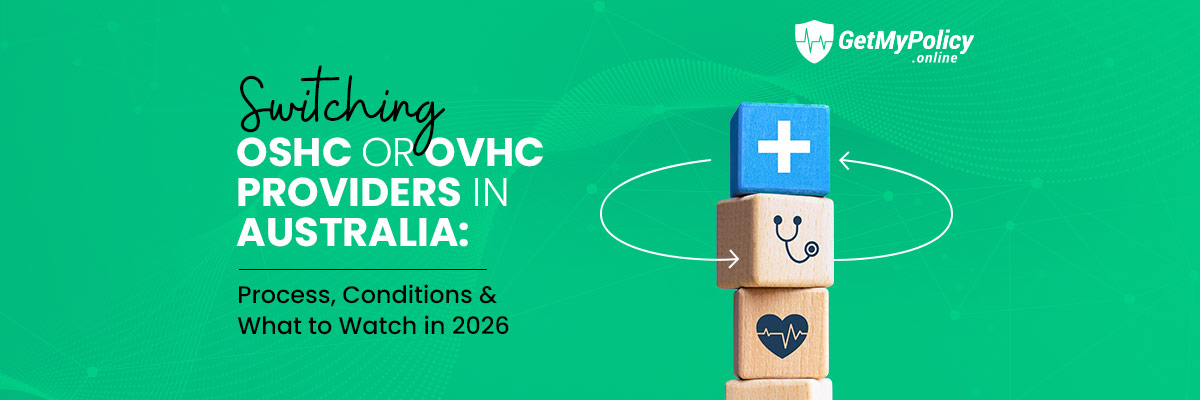
🎉 限时优惠


当孩子去澳大利亚学习时 学生标签认证(子类 500), 父母或法定监控者可以同时参考 学员生监护人标签认证(子类 590)。 而学生必须坚持 OSHC,父母或监控人员必须持有 海外游客健康保险(OVHC) 在整个周期间。这样可以确认你在国外养孩子的同时,医生、医生和急救需要求得到经济保障。
对于没有资格获得医疗保险的游客来说,澳大利亚的医疗可能会很昂贵。OVHCGEN根据你选择的保障,住院治疗、医生咨询、紧张急救和某些药品提供保障。对于许多家庭来说,这种保险在子女教育之旅中通常是非常重要的阶段,既能保证又能让他们高枕无忧。
子类 590 标签证书持有人不被归类为学生,因为此 不在保激范围之内 OSHC。澳大利亚政府监控人员 在留下的期限内保持充足的健康保险。OVHC 专长为CLIANTIMEVINESS客设计,包括同为国际学生的家长。
OVHC 通常包括:
两项政务策划都可以在同日生效,但它们是 单一独购买购买。
这样可以通过 OSHC + OVHCORIESGAIN 保持合规性。
Q1。父母在澳大利亚同一个孩子需要健康保险吗?
是的。590 个类别的标签持有人必须在整个人中留下期限 VIEWHC。这既是标签要求,也是防范高额自付医疗费用的实用保障。如果没有 OVHC,住院或急救治疗的财务状况不可能不堪重演。
Q2。父母可以和孩子们共享 OSHC 吗?
不。 OSHC 仅适用于学生标签持有者 并且无法扩展到监视人员。监控者必须持有 OVHC,因为他们被视为 ACVISITACESSAPERSEPHONEAVISSONEWORDER,而非学生。为满意足合规格要求,每份保证单位均值单一购买独家购买。
Q3。OVHC 有紧急救护车服务吗?
大多数VHC政务策划都将紧急救护车运输作为标准保险的一部分。务必在您选择的政务策划中对此进行验证。
Q4。OVHC 有盖先前存的疾病吗?
是的,但通常在 12 个月的等候期,如中所述 AIA OVHC 等候期政务策划文件。在等候期间,除非非认可为紧张急救或立刻有必要,否则此类疾病的治疗可能无法获得补助。

前者支持澳大利亚孩子的教育是一项有意义的教育。OVHC 确认保护你在受保护的健康和福利。通过选择适合的保单并保持有效保障,您可以放心地专家注视孩子的成功了。
获取报价 在线获取我的获取 到 获得最好的 OVHC

.svg)
.svg)
.svg)


